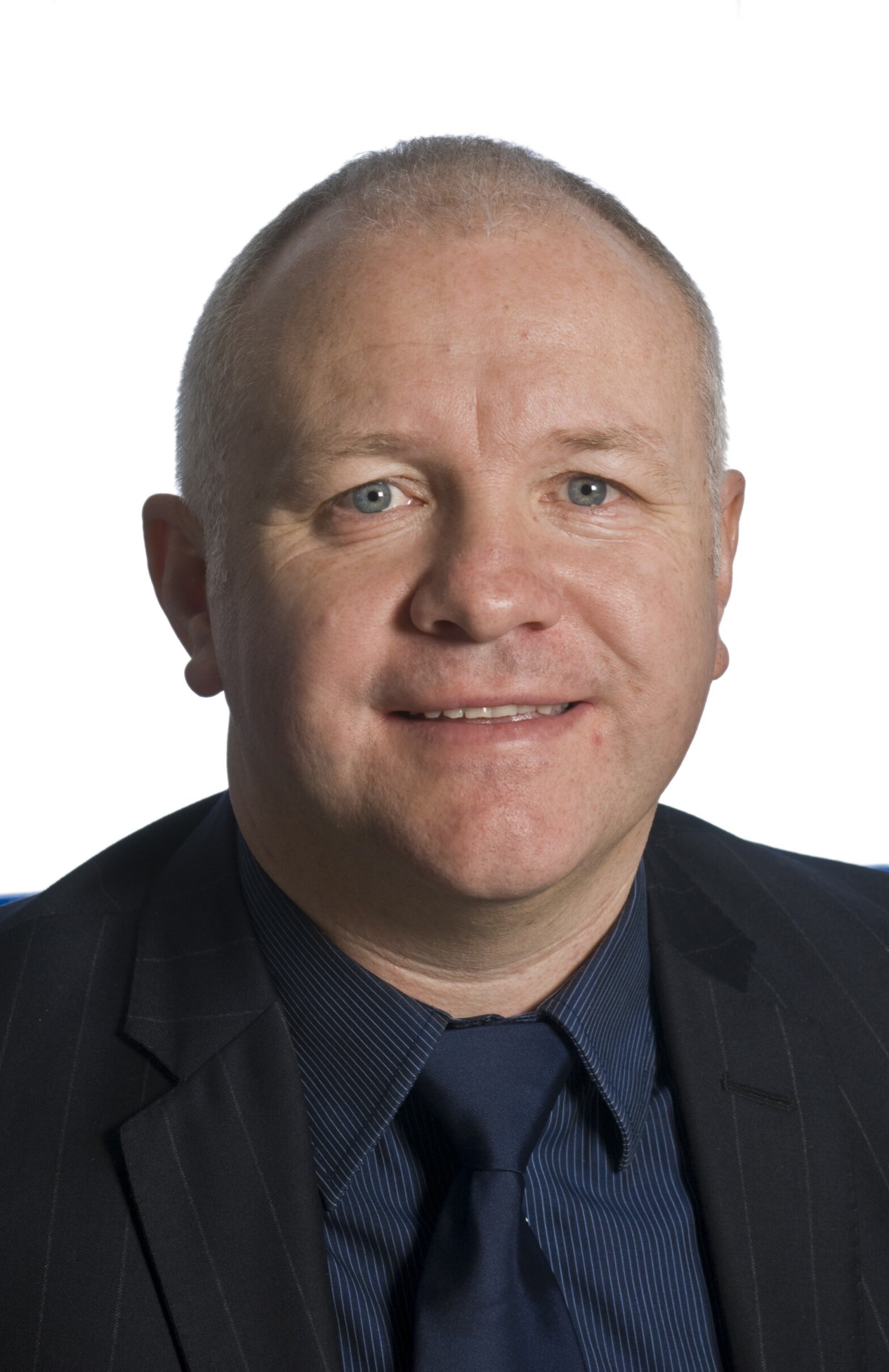The key to growing successful businesses is to be prepared for pain. It may sound harsh, but there is no such thing as an easy ride when it comes to the establishment and development of a business.
If you go into the process expecting times to be tough, then when the hard times come you will be ready for them.
However, that is not to say that it is always a hard slog – otherwise the private sector would only attract the most hardened of masochists. Having grown and sold a successful business, and then started all over again, I would not have found the motivation to do so unless I had absolutely loved it.
I knew the finance and loans sector that I wanted to work in well, and could identify the successful models, but also where businesses could improve.
I worked at First National Bank for over a decade, advising secured loan brokers, so I knew very well what a strong business proposition looked like. At the time that I launched Loanmakers in 1999, the market was crowded with other providers, and while this was a good thing in the sense that it was obviously a high-growth market, it meant that the first challenge was to create differentiators.
The key thing is to find your niche. We found that working closely with third parties, anything from one man bands to large internet providers such as Money Supermarket, meant that we could conserve our energy in terms of hunting down new leads, while focusing on the delivery of high quality service to our existing customers. This became integral to the ethos of Loanmakers, and was carried through into Fluent Money, the second business that I established in 2008. While not every sector has the benefit of a Money Supermarket to direct new customers, it’s important to keep your eyes open for any network or opportunities that will boost your name in the market.
Five years after the launch of Loanmakers, we were approached for a purchase. By that time, the business was at the peak of the market, with 130 staff and a strong reputation. We agreed a £19 million deal, and after the completion of a two-year contract, we decided that we had loved the process so much; we would gladly do it all over again.
In setting up Fluent Money, I certainly had the advantage compared to the first time around, as I now had the capital, the knowledge, the contacts, and the team to support the difficult first few years. In terms of establishing a business, the timing could not have been worse, as no sooner had we began trading that the credit crunch hit and we were faced with three years of market collapse and limited customer interest. However, we made it through the storm, and following the downturn are now operating in a growing market that is no longer flooded with competitors.
Managing cash flow played a significant part in the rapid but stable growth of our business, even through tough economic times. We always remind ourselves that today’s profit is irrelevant if we haven’t got the money to pay for tomorrow’s bills. We make a conscious effort to manage expectations so that we don’t make promises that we can’t fulfil. As a small business, relationships are really important to help build your reputation and credibility. If you let people down in the early days, your reputation will be ruined.
The benefit of growing, and selling, and growing a business again is that you learn from your mistakes, and know how to make processes more efficient, streamlined, and ultimately, more profitable. While moving from a company that employed thousands, growing my own successful business up from the ground, then starting from scratch all over again was a real challenge, I’ve learnt a lot along the way about what a prosperous business looks like.
The saying ‘turnover is vanity, profit is sanity, but cash is reality’, couldn’t be more true. While this might be seen as an easy mantra for multi-million pound businesses to stick to, I believe it is an approach all small businesses should adopt from day one if they want to grow and remain viable.






